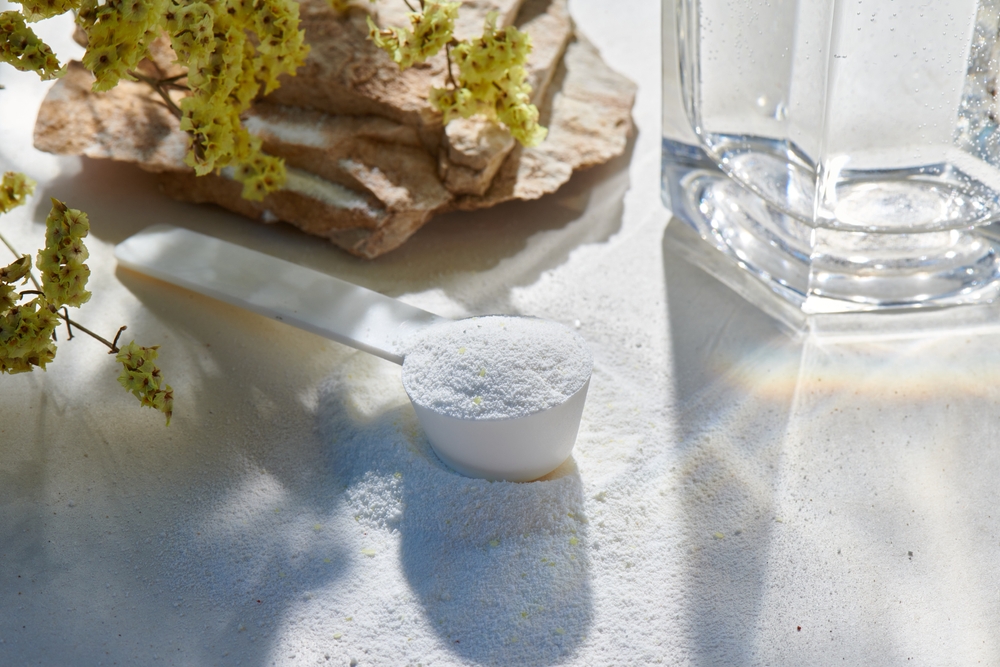Taurine Deficiency May Drive Aging, Study Suggests

A recent study suggests that a deficiency in the nutrient taurine encourages aging. The investigation also showed that taurine supplements can slow the aging process in worms, mice, and monkeys and even extend the healthy lifespans of certain animals.
The study, published in the journal Science, was led by researchers from the University of Columbia Irving Medical Center and involved dozens of aging experts from around the world. Previous research links taurine, a nutrient produced naturally in the body and found in many foods, to immune function, obesity, nervous system functions, and building bones.
"We realized that if taurine is regulating all these processes that decline with age, maybe taurine levels in the bloodstream affect overall health and lifespan," said the study's leader, Vijay Yadav, PhD, assistant professor of genetics & development at Columbia University Vagelos College of Physicians and Surgeons.
For this investigation, researchers aimed to discover whether taurine is also associated with aging. To do so, Yadav and his team first analyzed taurine levels in the bloodstream of mice, monkeys, and people. The analysis indicated that levels of taurine decrease significantly with age. For instance, researchers found that taurine levels in 60-year-old people were about one-third of those in 5-year-olds.
Next, researchers studied the impact of taurine supplementation in mice. The experiment involved 250 14-month-old female and male mice. Researchers fed half of the mice taurine supplements daily while the other half got a placebo. At the end of the trial period, the lifespan of the mice fed taurine increased by an average of 12 percent in females and 10 percent in males.
Yadav then brought in additional aging researchers to investigate taurine’s impact on the health and lifespan of several different animals. According to the researchers, taurine appeared to suppress age-associated weight gain in female mice, increase energy expenditure, increase bone mass, improve muscle endurance and strength, reduce depression-like and anxiety-like behaviors, reduce insulin resistance, and promote a younger-looking immune system.
"Not only did we find that the animals lived longer, but we also found that they're living healthier lives," Yadav said.
The investigation also indicated that taurine supplements improved many functions at a cellular level that generally decline with age. Researchers found that mice fed taurine supplements had a decreased amount of senescent cells, an increased survival rate after telomerase deficiency, an increased number of stem cells present in certain tissues, improved mitochondrial performance, a reduction in DNA damage, and an improved ability for their cells to sense nutrients.
Middle-aged rhesus monkeys had a similar response to the supplement. After six months of daily taurine supplements, the monkeys avoided weight gain, reduced fasting blood glucose and markers of liver damage, increased bone density in the spine and legs, and improved immune health.
According to Yadav, more research is needed before determining the impacts of taurine supplements on humans. However, this study, and others like it, indicate the nutrients potential for anti-aging.
"For the last 25 years, scientists have been trying to find factors that not only let us live longer but also increase healthspan, the time we remain healthy in our old age," said Yadav. “This study suggests that taurine could be an elixir of life within us that helps us live longer and healthier lives."




















SHARE